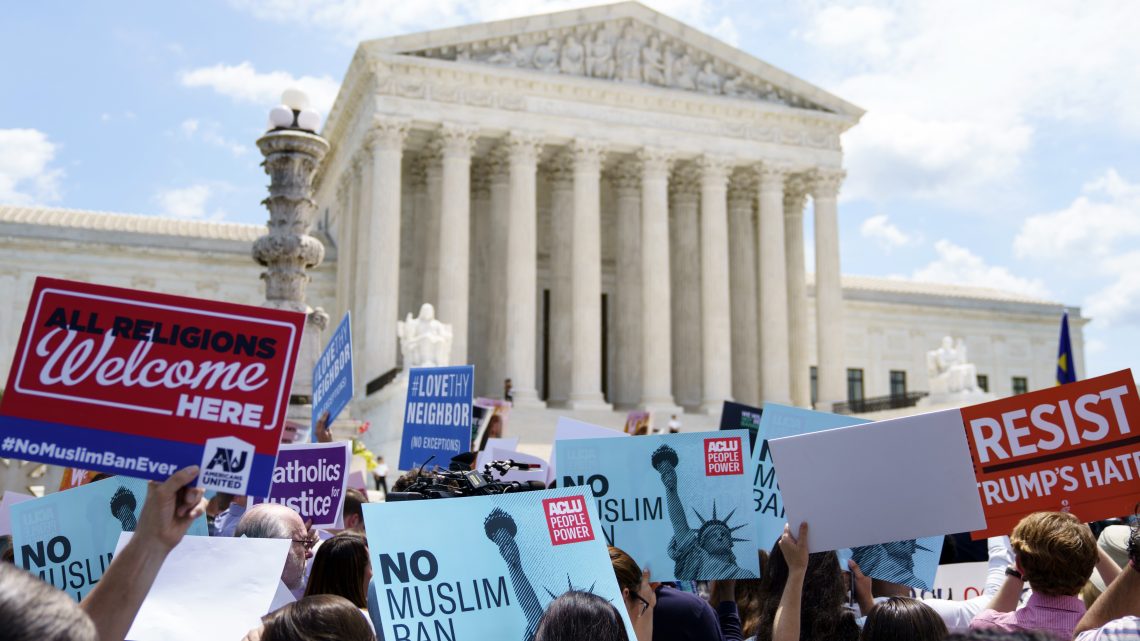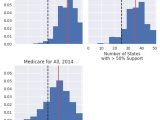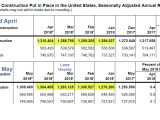
I Asked Experts to Predict the Supreme Court’s Unpredictable Future
July 2, 2018For liberals, the natural impulse when Justice Anthony Kennedy announced he was retiring from the Supreme Court last week was to worry.
Donald Trump getting another seat on the court will mean a solid majority of conservative justices—Kennedy, a Reagan appointee, nonetheless sometimes sided with the more liberal wing of the court—which could lead to Roe v. Wade getting struck down and some red states resurrecting abortion bans.
Beyond Roe, however, there are other concerns. The court is unpredictable and it's hard to say with anything approaching certainty what kind of cases future justices will hear and decide. But it’s possible to make broad predictions, which is what I asked four court-watchers to do.
Anil Kalhan, a law school professor at Drexel University, sees the court becoming more partisan. That doesn't mean a more conservative court—though, he added, that's sure to be the case with another Trump nominee—but one where decisions continue to be "aggressive." When the court makes 5–4 decisions that rely on a single swing vote, as was the case with Kennedy, the majority is less likely to look to find middle ground with the other side because it doesn't need their votes. That trend, Kalhan said, will continue.
Of course, that's just part of the court becoming more political. Kalhan specifically pointed to the court's right-wing leanings and justices' ties to the political conservative movement as indicative of a negative trend in the behavior of some justices. "The GOP and the conservative movement have treated the court much more as a political institution than the Democrats," Kalhan explained.
To Kalhan, the issue is about more than the court ruling in favor of the Republican Party and the conservative movement on cases involving voting rights. Clarence Thomas's wife, Virginia, is a lobbyist and Tea Party activist; justices openly speak at gatherings of the right-wing legal group the Federalist Society, which is playing an outsized role in selecting Kennedy's replacement after its success in presenting the president with Justice Neil Gorsuch.
"I see the idea of the court as an honest broker has been diminishing and what I would predict—given the list of people Trump will nominate—is that that will be exacerbated," said Kalhan.
But the court may not move too aggressively to remake American society. Peter Irons, an emeritus political science professor at UC San Diego, said that he has faith that Chief Justice John Roberts's sense of his legacy will mean he won't want bring too much controversy to the court. That's why Irons doesn't see a Roberts court, even one with a hard-right majority, overturning "bedrock decisions" for gay marriage and abortion.
"I think Roberts has no desire to change that," said Irons, adding that decisions like those could result in "political civil war."
Kalhan agreed. "This is at odds with what I think the public image is that Roberts wants," he said. "He's an institutionalist, he cares about the court's reputation."
Concerns over social issues like gay rights and abortion may well be overblown, Ilya Somin, a professor at George Mason University's Antonin Scalia Law School, told me. That's not to say the concerns aren't real, Somin said, but the future of the court is unsure and there may be some parts of a prospective justice's belief system that even intense Federalist Society vetting won't catch.
As for how that could play out? Well, first of all, Somin said that he thinks even a court with a hard-right majority may be open to upholding Roe. And the 2015 ruling on gay marriage seems unlikely to be overruled, though Somin did warn that there could be some restrictions that stop short of an outright ban.
Melissa Powers, a law professor at Oregon's Lewis and Clark University, envisions many questions about civil rights becoming state, rather than federal, issues. If Roe is overturned, for example, that may open the door to opportunities for blue states to enact far-reaching social legislation even as GOP-led states are emboldened to restrict rights. The upside, Powers said, is that left-leaning legislation at the state level could be given the same leeway.
"A lot of the potential candidates [for the court] will be sympathetic to states' rights," said Powers.
Kalhan cautioned against reading too deeply into the court's changes, at least in the short term—historically the court has never been very predictable. "It's a 5-4 court, things could still change," said Kalhan, adding that in five or ten years, "We could be having a different conversation."
But there are policy issues that the planet can't afford to wait on.
It's unlikely the federal government will do much to address climate change under Trump, for instance, and Kennedy's replacement is likely to be more hostile toward environmental regulations, according to Powers. Kennedy was a swing vote on a couple of cases where he joined the liberal justices in ruling in favor of climate hawks, she added. Whoever Trump nominates to replace Kennedy will assuredly be much more hostile to the environment.
"If you have a justice who is very eager to not allow for environmental regulation, they could go in and look to restrict the federal regulations," said Powers.
The only thing that's for sure, said Somin, is that we have no way to predict the new justice's effect on the court and the country. We likely won't for many years to come.
"There are a lot of issues that could come up that we cannot foresee," Somin said. "These justices may serve for 20, 30 years and things come up that weren't anticipated when they were vetted—it's hard to predict."
Correction: An earlier version of this article misspelled Anil Kalhan's name.
Sign up for our newsletter to get the best of VICE delivered to your inbox daily.
Follow Eoin Higgins on Twitter.


